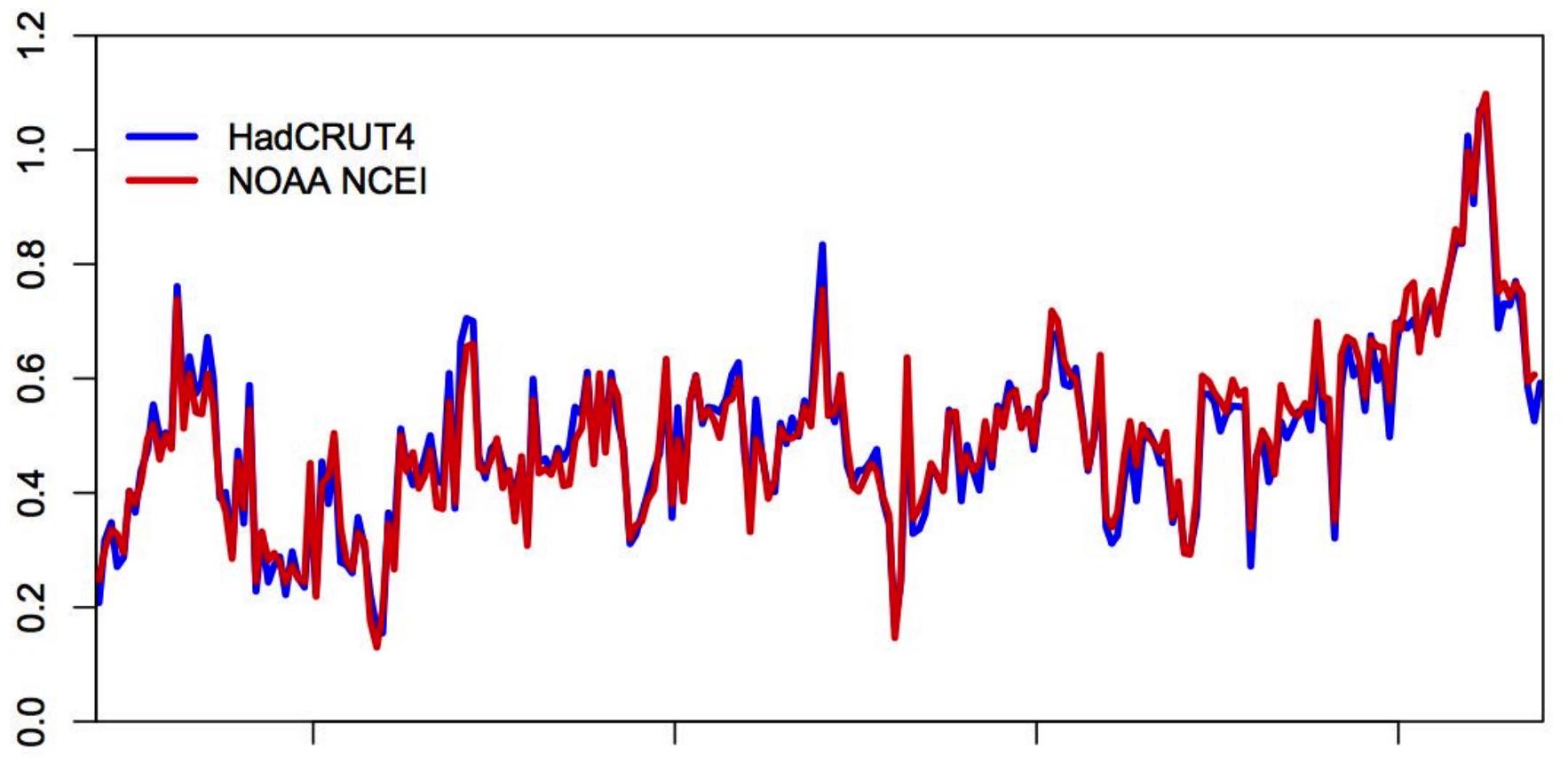Daily Mail retracts global warming article, but did anyone notice?

Earlier this year, UK tabloid The Daily Mail, famous for its incompetent fakery, published a bombshell article claiming "World leaders duped by manipulated global warming data". This article was hailed by conservative media from Breitbart to The National Review as proof of what they were saying all along. Sadly for them, the Mail has admitted its misleading and inaccurate reporting and, to satisfy press regulators, added a deadpan self-debunking at the top of the article.
...the significance of Dr Bates' concerns about the archiving procedures had been misrepresented in the article, and the newspaper had taken no steps to establish the veracity of Dr Bates' claims. World leaders had not been 'duped', as the headline said, and there was no 'irrefutable evidence' that the paper was based on 'misleading, unverified data', as the article had claimed....
The graph which accompanied the article had provided a visual illustration of the newspaper's contention regarding the difference between the 'flawed' NOAA data and other, 'verified', data. The newspaper's failure to plot the lines correctly represented a breach of Clause 1 (i), and there had been a further failure to correct the significantly misleading impression created as a result.
And that's just the stuff the British press ombudsman cares about; the scientific goofs in the article are legion. This juxtaposition of the bullshit against the facts show the gist of it:
Buzzfeed reports that the lies are too useful not to spread, whereas the truth hardly gets out of bed these days, let alone puts on trousers.
The story, published on February 4 and updated on September 16, has received more than 211,500 shares, likes, comments, or other interactions on social media, according to our analysis ... Another 159 stories repeated the original's claims and linked back to it, and received about 540,800 shares or interactions. This includes coverage from conservative news giants such as Fox News, Breitbart, Daily Caller, and National Review, as well as by climate skeptic blogs. In contrast, 66 online articles and posts questioned or debunked the story's claim in the intervening months. These were shared or engaged with about 199,100 times, or about one-quarter as much as the bogus stories.
Moreover, even if people read the debunkings, it's too late:
According to a Nature study about the spread of information online, "low-quality" information has the same chances of going viral as factual material does. And other work has shown that information that people consume initially can be remarkably persistent and stay in their minds even after being debunked.